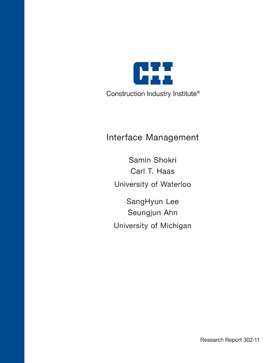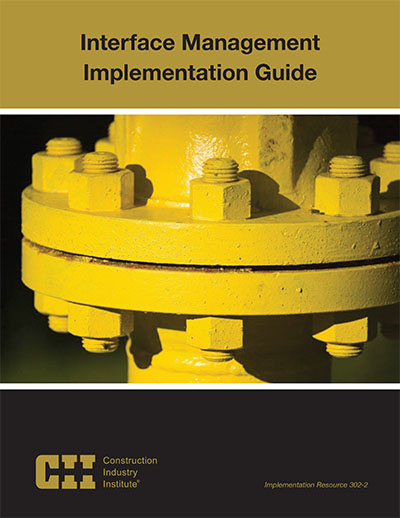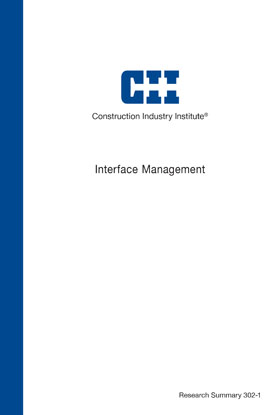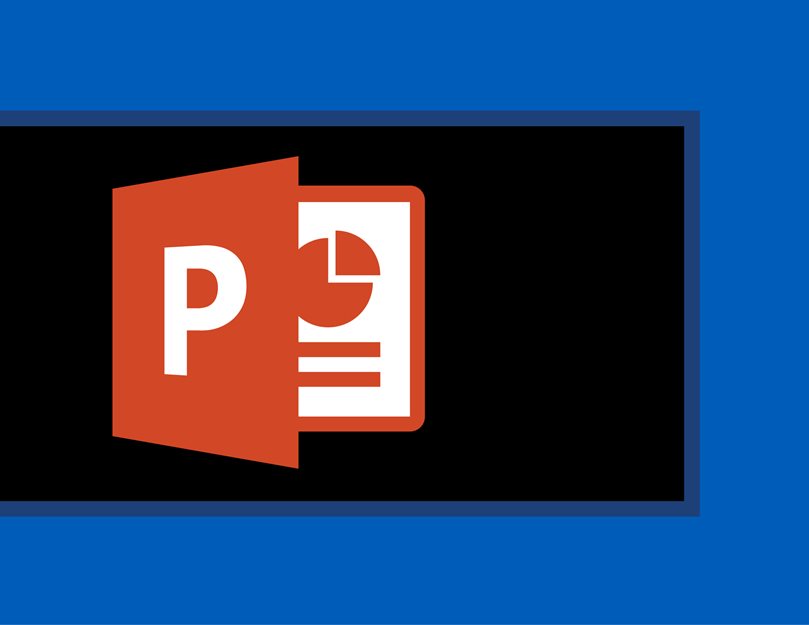
Interface Management
In recent years, Interface Management (IM) practices have been emerging to address the challenges of managing complex capital projects. These challenges include the added complexity and scale of these projects, globalization, geographical distribution and various working cultures, and different internal and external risks. Oil sands, off-shore, and nuclear are examples of this class of projects. Despite an emerging consensus on the effectiveness of IM for facilitating complex projects delivery, IM definitions, elements, and the way it has been implemented vary widely across the construction industry. Furthermore, the relationship between IM implementation and project performance is a significant question that owners and contractors wish to have addressed.
Therefore, the objectives of this research were to develop IM definitions and elements, study its current status in the industry, and investigate the relationship between IM implementation and project performance. This research is mostly focused on industrial construction, though some data from other sectors is included. In this report, the elements and fundamental definitions of Interface Management are proposed. Then, a workflow driven Interface Management System (IMS) is developed, which lays out a strategy to systematically identify and manage stakeholders’ interfaces with the objective of more effective risk management in capital projects.
Once the IMS ontology is defined, the current state of IM in the construction industry is studied through data collection on 46 projects by conducting questionnaire based interviews. The interviewed projects are from different sectors of the industry, with various sizes and geographical locations. This study aims at identifying the project characteristics that lead to formal IM implementation in a project, current common IM practices in the industry, and criteria to assess the status and effectiveness of IM. Furthermore, the relationship between IM implementation and project performance in terms of cost and schedule growth is investigated by employing descriptive and statistical analysis tools. One observation was that those projects that implemented IM at a high level experienced lower cost growth and less variation in the cost growth.
In summary, the proposed procedures, processes, and algorithms in this report provide a framework to improve project performance through better alignment between stakeholders, enforcement of contract terms, and effective sharing and distribution of risk-related information within formalized interface management framework. The empirical analysis also sets a foundation for construction organizations to assess their IM with regard to the current practices in the industry and a roadmap to improve their IM practices to more mature levels.



